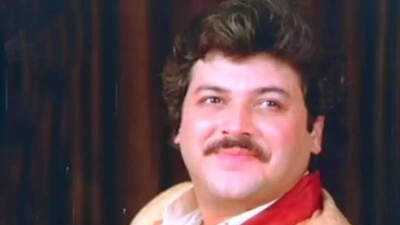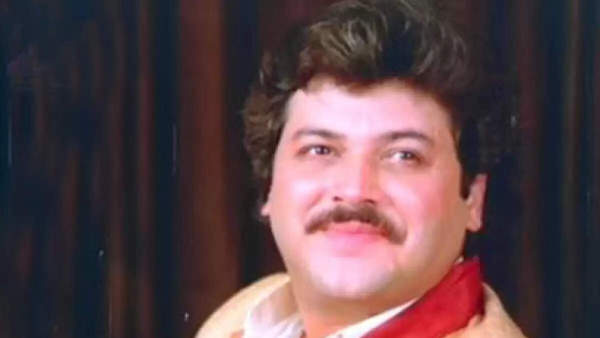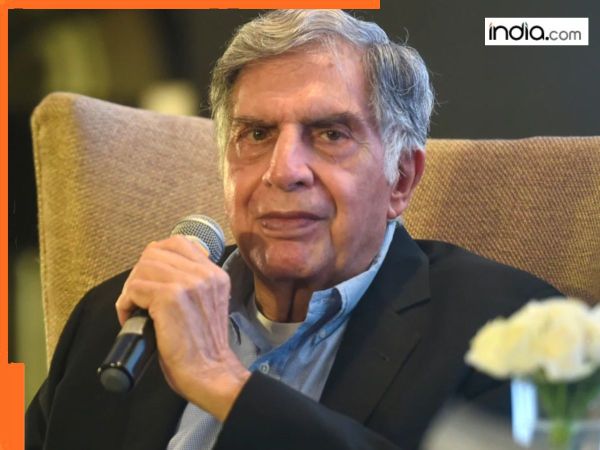

Was Raj Kiran a Victim of Depression?
Depression transcends mere darkness; it embodies an overwhelming burden that makes each breath feel like a struggle against an invisible force. This reality struck me profoundly during my visit to Raj Kiran in the psychiatric unit of Masina Hospital in Byculla, Mumbai. That morning, I awoke with an indescribable heaviness in my chest—a sense of dread that was beyond explanation. Compelled by an instinctive unease, I found myself driving to the hospital without a second thought.
What Inspired Your Visit?
I had learned of Raj's hospitalization, and despite the world moving on, I felt a strong urge to connect. My visit was not solely as a director who had collaborated with him, but as a person reaching out to bridge a growing silence.
The Scene at the Hospital
What I encountered there shattered me. Raj, who once radiated warmth, now resembled a fallen statue—physically present yet emotionally withdrawn. His once-vibrant eyes appeared hollow, as if time had stripped away his ability to feel. I sat beside him, spoke, smiled, and waited, but he remained ensnared in the suffocating fog of depression—not merely alone, but isolated from even his own self.
Memories from the Filming of Arth
Raj was the most adaptable actor I had ever collaborated with. In Arth (1982), surrounded by legends like Shabana, Smita, and Kulbhushan, it was Raj who infused the film with a raw tenderness that transcended the script. His quiet intensity provided the film with its unseen backbone. He had a unique ability to convey emotion through stillness, making pain feel gentle. Who could forget the heartbreak captured in his smile during 'Tum Itna Jo Muskura Rahe Ho'? That was not mere acting; it was a soul gently fracturing before our eyes. Or the poignant dignity in 'Jhuki Jhuki Si Nazar,' where the pauses became poetic.
Raj Kiran: The Heart of Arth
Indeed, I recall the night at Metro Cinema vividly. As the song concluded, the audience erupted in cries of 'Once more'—not just for the melody, but for the man who transformed silence into song. In the film's final scene, as Shabana's character expressed her anguish, Raj sat silently across from her. That silence became the essence of the film. He did not perform; he absorbed. His stillness lent the necessary weight to her truth. Without that moment—without him—Arth would not have achieved its iconic status.
The Tragic Loss to Depression
Somewhere between the accolades and the shadows of fame, he gradually faded away—not into death, but into obscurity. He diminished like a photograph left in the sun, until only a blur remained where a face once was. Some claim he was later seen in an institution in Atlanta, while others believe he has passed on. At this point, the specifics matter less than the sentiment: we lost him before we were prepared. We could not save him from the tide that swept him away. Raj, wherever you may be, remember this: we shared a profound love, and in your absence, we lost a part of ourselves. Your silence continues to resonate, your charm endures, and your absence leaves a void in our hearts.
-
Sitaare Zameen Par Box Office Prediction: Aamir Khan Eyes ₹30 Cr Weekend—Only If Word Of Mouth Clicks

-
Why Sitaare Zameen Par Could Be Aamir Khan’s Most Unexpected Hit

-
Celina Jaitly Recalls A Rare Pregnancy Illness That Nearly Took Her Twins

-
FASTag annual pass is not valid for two expressways, one is Meerut Expressway, other is…; how will 200 trips be counted in Rs 3000, know calculation here

-
Bad news for Ratan Tata’s group TCS as it faces strong opposition from…
